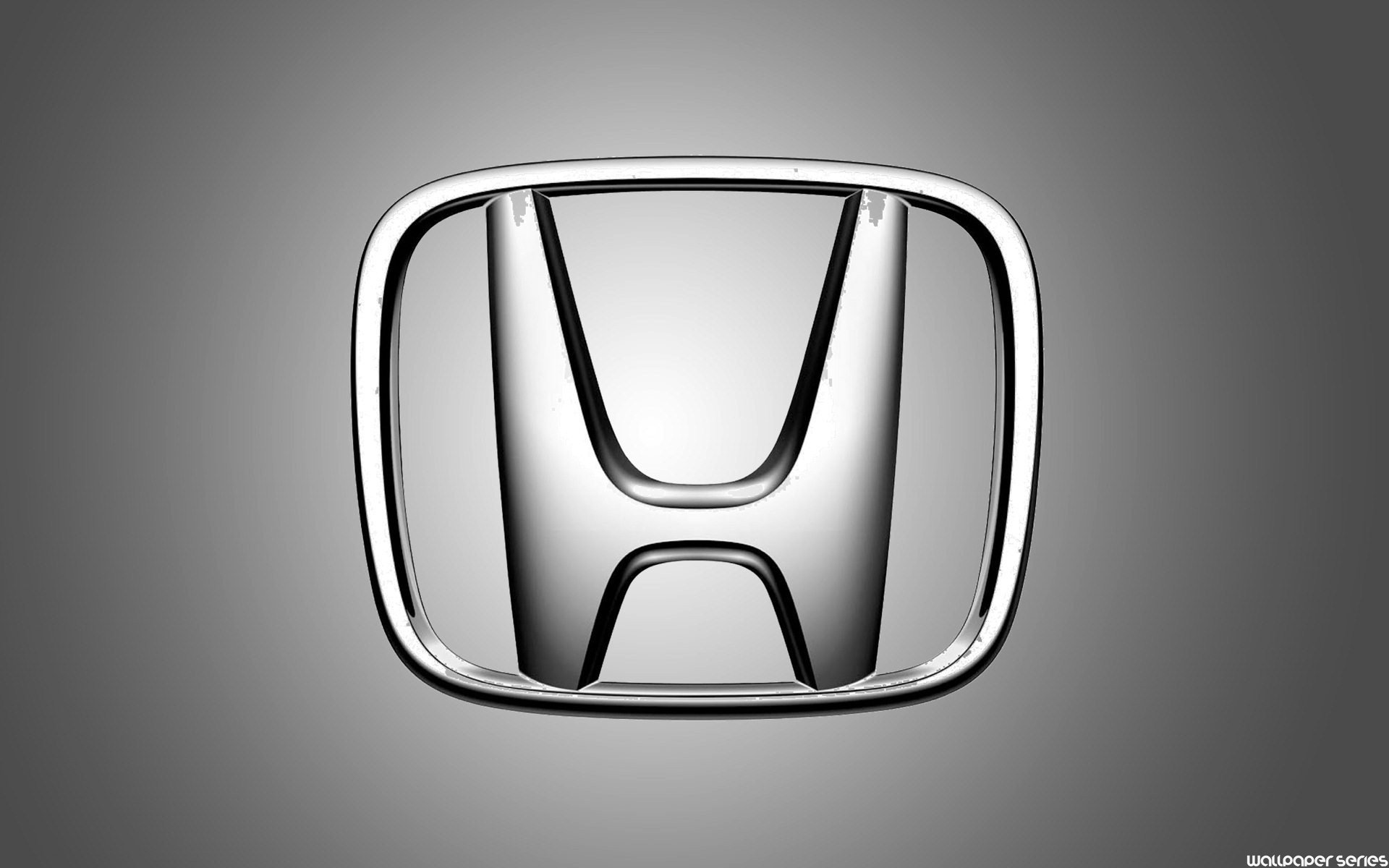Tommy Cookers wrote: ↑04 Nov 2022, 12:57
well ....
for 10 years on this site I have been saying that .....
the decarbonisation of heating is far bigger and so more important than the decarbonisation of our cars
(yes I have noticed that ...after 10 years of disagreeing with the above point Andres now agrees it)
for 5 years I have said therefore ....the car and the home are competing for the same decarbonised electricity
I do not now agree with anything Tommy, and don´t get why you´re trying to confront home heating and cars
I only said that home heating demand is being reduced drastically with house isolation subsidizes and more strict laws for new buildings, wich is even better than decarbonizing as lowers energy demands. The cleanest energy is the energy you don´t use. At the same time EVs are increasing electricity demand, so while one sector is increasing electricity demands, the other is decreasing. That´s the reason I don´t understand the reason you´re constantly confronting both as if there was any relationship between them
Maybe you don´t know how efficient is the reduction in energy demands on new buildings so you think that´s not comparable to the increase from EVs, but depending on both rates it might be enough
I can give you some numbers as I´m construction engineer and this is my daily job so I´ll try, hopefully I can explain it well enough in english

. Numbers are from memory so excuse me if some is not perfectly accurate, but I can assure the global numbers are this
In Spain (I guess it will be similar anywhere) since 2006-09 (first strict new norm about energy demands and current one, tightened even further) any new house maximum demand of energy is 45kWh/square meter and year. OTOH most houses built before 2000 have an energy demand of around 350 kWh/sqmy, I´ve seen several in excess of 400 (from th 70´s).
In other words, new buildings have reduced energy demands more than 85%, and that´s for standard buildings. PassiveHouse standard (not mandatory, but it´s becoming very popular nowadays) requires a max of 15kWh/sqmy, a third of current standard buildings, so in that case energy demand compared to old buildings is reduced a 95%. Not sure how many years we´ll have to wait until 95% or even 85% of electricity used to feed EVs comes from renewable sources, but I guess most of us will never see it
In other words, the solution adopted 13 years ago to reduce house heating emissions, is much more effective than the solution to reduce emissions from cars (ie EVs). And it will be like that for decades.
That´s for new buildings, with old buildings they´re providing funds to improve the insulation. As a reference, 15-40 years old buildings use 2-3cm of insulation, and older than that used no insulation at all. To reduce energy demands those works improving significantly energy demands are subsidized up to 60-80% of the total cost (80% if including european funds). This means adding 8,10 or even 12cm of extra isolation (current standard) and much better windows, reducing energy demands around a 60%.
Obviously this is only for new buildings and old ones doing the work, so the vast mayority are still demanding huge amounts of energy, and polluting like mad, and will be like that for many more years, but the work was started more than a decade ago and is aiming the correct target, reducing energy demand, even if you constantly point heating as a huge and ignored factor. No, it´s not ignored, far from that
Actually 85-95% reduction on new buildings and 60% reduction on old ones are some big numbers, I´d be surprised if any other sector can get close to this, so you´re probably complaining about the leading sector Tommy

Note that I didn´t mention any energy source, I don´t mind if the remaining demand is covered with electricity, pellets, gas, oil... the source will have some effect reducing emissions, but that´s peanuts compared to reducing energy demands (and emissions) a 60-95%.
If all sectors could get close to this reduction in emissions...



